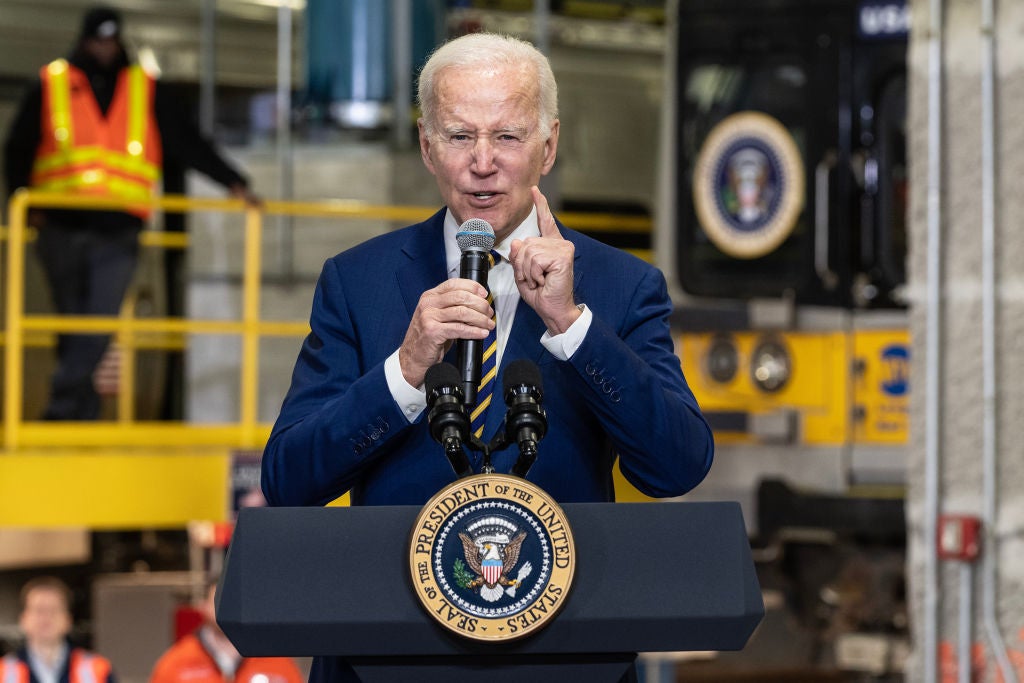
President Joe Biden’s administration released guidance on the production of SAF on Tuesday, a move that both US corn ethanol producers and the aviation industry had been waiting for with bated breath.
The Treasury Department guidance states that producers of SAFs are eligible for a tax credit of $1.25–1.75 per gallon, if use of the new fuel achieves a 50% reduction in greenhouse gas emissions compared with traditional petroleum-based jet fuel.
Biofuel producers in the US have lobbied the government for months to ensure corn ethanal qualifies for the credit. SAFs will help make up for lost demand for ethanol from automobiles due to the rise of electric vehicles.
In a press statement, US Secretary of Agriculture Tom Vilsack said: “Sustainable aviation fuel is a key part of the Biden-Harris Administration’s efforts to transition the American economy to a clean energy future and rebuild the middle class from the bottom up to the middle out in rural America.
“Today’s announcement is an important stepping stone as it acknowledges the important role farmers can play in lowering greenhouse gas emissions and begins to reward them through that contribution in the production of new fuels.”
For corn ethanol to qualify for the credit, it must be produced using no-till methods, cover crops and enhanced efficiency fertilisers.

US Tariffs are shifting - will you react or anticipate?
Don’t let policy changes catch you off guard. Stay proactive with real-time data and expert analysis.
By GlobalDataIn 2021, Biden set a target for the US to produce three billion gallons of SAF annually, up from 15.8 million gallons in November. However, SAF is still significantly more expensive than Jet A fuel.
Speaking at the 26th World Energy Congress in Rotterdam last week, Brian Moran, chief sustainability officer at Boeing, said: “SAF is highly unlikely to ever reach price parity with Jet A fuel, so there is a green premium. We are working towards bringing the price down. The carbon price is coming up, increasing the cost of Jet A, and through scale we are trying to bring the price of SAFs down.”



